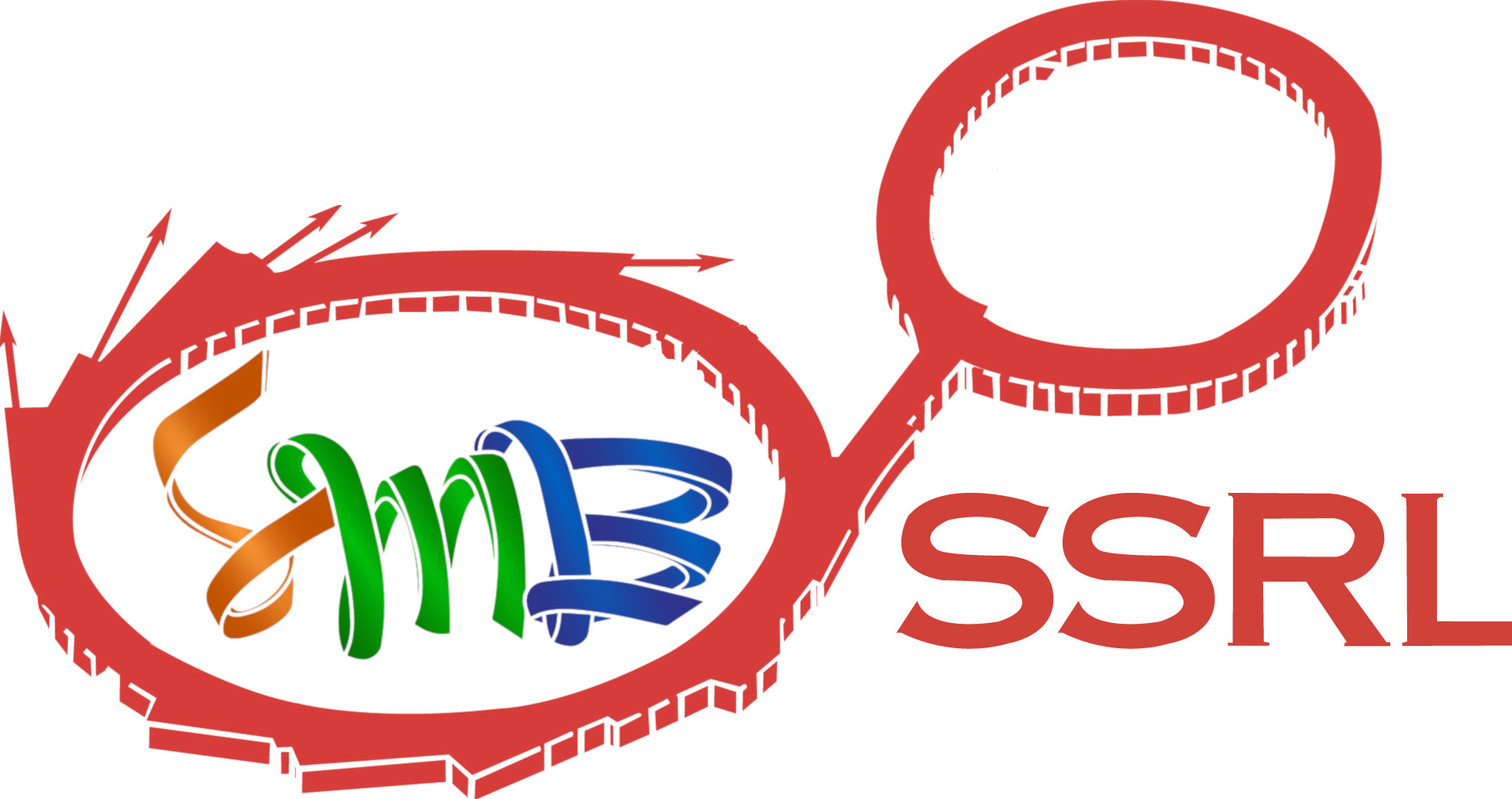import os
import pycbf
import libtbx.phil
from scitbx.array_family import flex
from dxtbx.model.scan_helpers import scan_helper_image_files
from dxtbx_model_ext import Scan
scan_phil_scope = libtbx.phil.parse(
"""
scan
.expert_level = 1
.short_caption = "Scan overrides"
{
image_range = None
.type = ints(size=2)
.help = "Override the image range"
.short_caption = "Image range"
extrapolate_scan = False
.type = bool
.help = "When overriding the image range, extrapolate exposure and epoch information from existing images"
.short_caption = "Extrapolate scan"
oscillation = None
.type = floats(size=2)
.help = "Override the image oscillation"
.short_caption = "Oscillation"
batch_offset = None
.type = int(value_min=0)
.help = "Override the batch offset"
.short_caption = "Batch offset"
}
"""
)
[docs]class ScanFactory:
"""A factory for scan instances, to help with constructing the classes
in a set of common circumstances."""
[docs] @staticmethod
def from_phil(params, reference=None):
"""
Generate a scan model from phil parameters
"""
if reference is None:
if params.scan.image_range is None and params.scan.oscillation is None:
return None
if params.scan.image_range is None:
raise RuntimeError("No image range set")
if params.scan.oscillation is None:
raise RuntimeError("No oscillation set")
scan = Scan(params.scan.image_range, params.scan.oscillation)
else:
scan = reference
if params.scan.image_range is not None:
most_recent_image_index = (
scan.get_image_range()[1] - scan.get_image_range()[0]
)
scan.set_oscillation(
scan.get_image_oscillation(params.scan.image_range[0])
)
scan.set_image_range(params.scan.image_range)
if (
params.scan.extrapolate_scan
and (params.scan.image_range[1] - params.scan.image_range[0])
> most_recent_image_index
):
exposure_times = scan.get_exposure_times()
epochs = scan.get_epochs()
exposure_time = exposure_times[most_recent_image_index]
epoch_correction = epochs[most_recent_image_index]
for i in range(
most_recent_image_index + 1,
params.scan.image_range[1] - params.scan.image_range[0] + 1,
):
exposure_times[i] = exposure_time
epoch_correction += exposure_time
epochs[i] = epoch_correction
scan.set_epochs(epochs)
scan.set_exposure_times(exposure_times)
if params.scan.oscillation is not None:
scan.set_oscillation(params.scan.oscillation)
if params.scan.batch_offset is not None:
scan.set_batch_offset(params.scan.batch_offset)
return scan
[docs] @staticmethod
def from_dict(d, t=None):
"""Convert the dictionary to a scan model
Params:
d The dictionary of parameters
t The template dictionary to use
Returns:
The scan model
"""
if d is None and t is None:
return None
joint = t.copy() if t else {}
joint.update(d)
if not isinstance(joint["exposure_time"], list):
joint["exposure_time"] = [joint["exposure_time"]]
joint.setdefault("batch_offset", 0) # backwards compatibility 20180205
joint.setdefault("valid_image_ranges", {}) # backwards compatibility 20181113
# Create the model from the joint dictionary
return Scan.from_dict(joint)
[docs] @staticmethod
def make_scan(
image_range, exposure_times, oscillation, epochs, batch_offset=0, deg=True
):
if not isinstance(exposure_times, list):
num_images = image_range[1] - image_range[0] + 1
exposure_times = [exposure_times for i in range(num_images)]
else:
num_images = image_range[1] - image_range[0] + 1
num_exp = len(exposure_times)
if num_exp != num_images:
if num_exp == 0:
exposure_times = [0 for i in range(num_images)]
else:
exposure_times = exposure_times.extend(
[exposure_times[-1] for i in range(num_images - num_exp)]
)
epoch_list = [epochs[j] for j in sorted(epochs)]
return Scan(
tuple(map(int, image_range)),
tuple(map(float, oscillation)),
flex.double(list(map(float, exposure_times))),
flex.double(list(map(float, epoch_list))),
batch_offset,
deg,
)
[docs] @staticmethod
def single_file(filename, exposure_times, osc_start, osc_width, epoch):
"""Construct an scan instance for a single image."""
index = scan_helper_image_files.image_to_index(os.path.split(filename)[-1])
if epoch is None:
epoch = 0.0
# if the oscillation width is negative at this stage it is almost
# certainly an artefact of the omega end being 0 when the omega start
# angle was ~ 360 so it would be ~ -360 - see dxtbx#378
if osc_width < -180:
osc_width += 360
return ScanFactory.make_scan(
(index, index), exposure_times, (osc_start, osc_width), {index: epoch}
)
[docs] @staticmethod
def imgCIF(cif_file):
"""Initialize a scan model from an imgCIF file."""
cbf_handle = pycbf.cbf_handle_struct()
cbf_handle.read_file(cif_file, pycbf.MSG_DIGEST)
return ScanFactory.imgCIF_H(cif_file, cbf_handle)
[docs] @staticmethod
def imgCIF_H(cif_file, cbf_handle):
"""Initialize a scan model from an imgCIF file handle, where it is
assumed that the file has already been read."""
exposure = cbf_handle.get_integration_time()
timestamp = cbf_handle.get_timestamp()[0]
gonio = cbf_handle.construct_goniometer()
try:
angles = tuple(gonio.get_rotation_range())
except Exception as e:
if str(e).strip() == "CBFlib Error(s): CBF_NOTFOUND":
# probably a still shot -> no scan object
return None
raise
# xia2-56 handle gracefully reverse turning goniometers - this assumes the
# rotation axis is correctly inverted in the goniometer factory
if angles[1] < 0:
angles = -angles[0], -angles[1]
index = scan_helper_image_files.image_to_index(cif_file)
gonio.__swig_destroy__(gonio)
return ScanFactory.make_scan(
(index, index), exposure, angles, {index: timestamp}
)
[docs] @staticmethod
def add(scans):
"""Sum a list of scans wrapping the slightly clumsy idiomatic method:
sum(scans[1:], scans[0])."""
return sum(scans[1:], scans[0])
[docs] @staticmethod
def search(filename):
"""Get a list of files which appear to match the template and
directory implied by the input filename. This could well be used
to get a list of image headers to read and hence construct scans
from."""
template, directory = scan_helper_image_files.image_to_template_directory(
filename
)
indices = scan_helper_image_files.template_directory_to_indices(
template, directory
)
return [
scan_helper_image_files.template_directory_index_to_image(
template, directory, index
)
for index in indices
]





